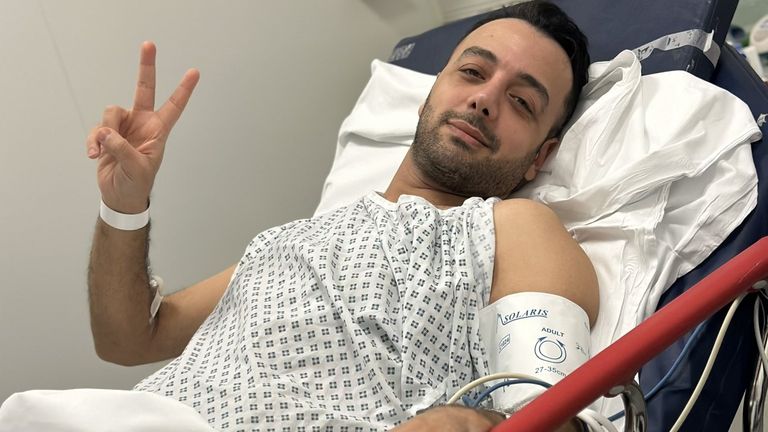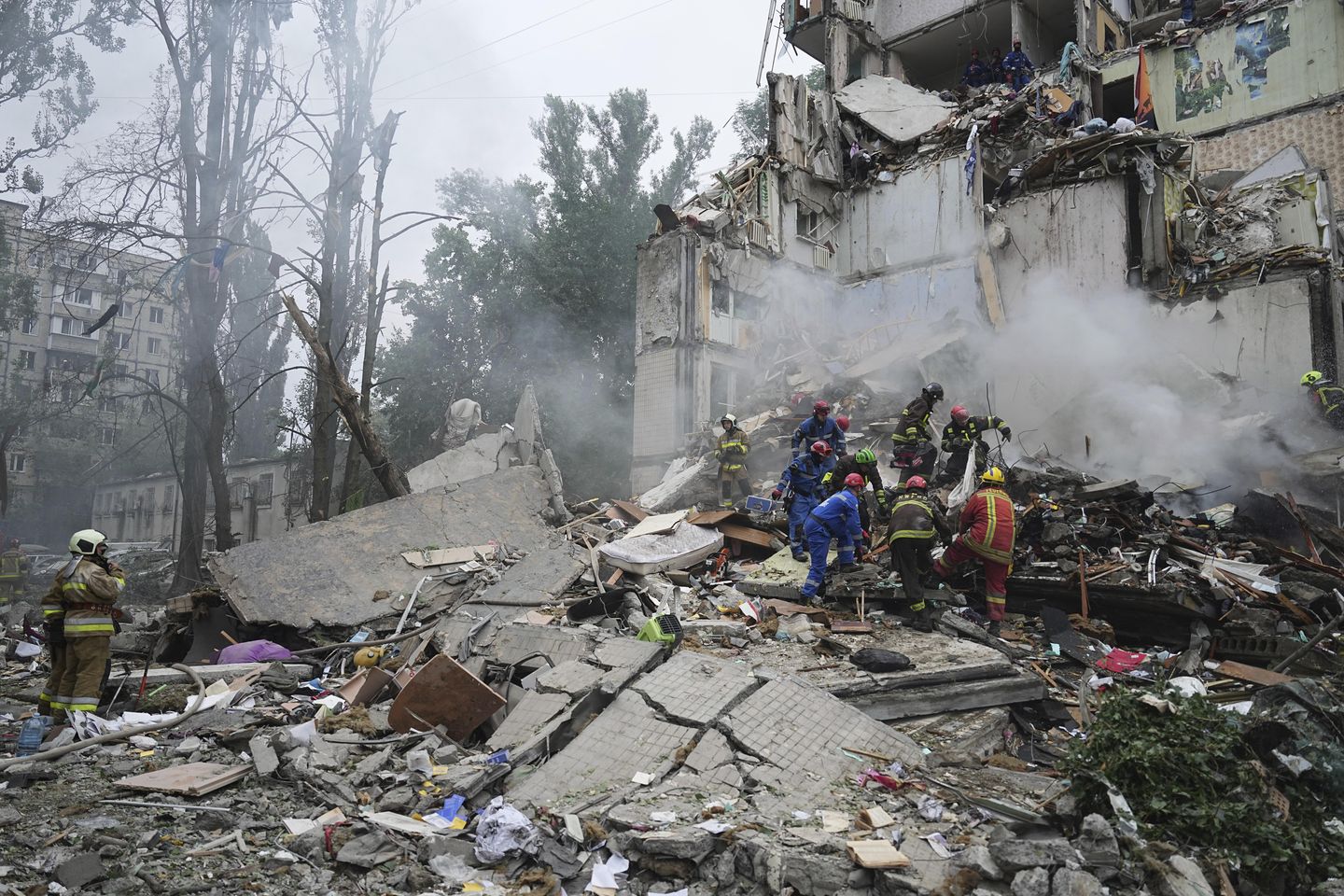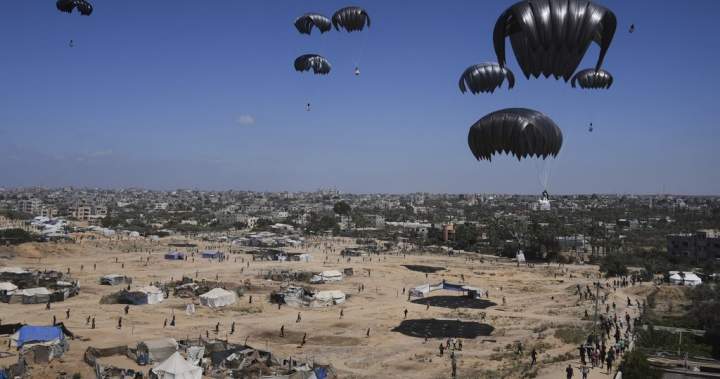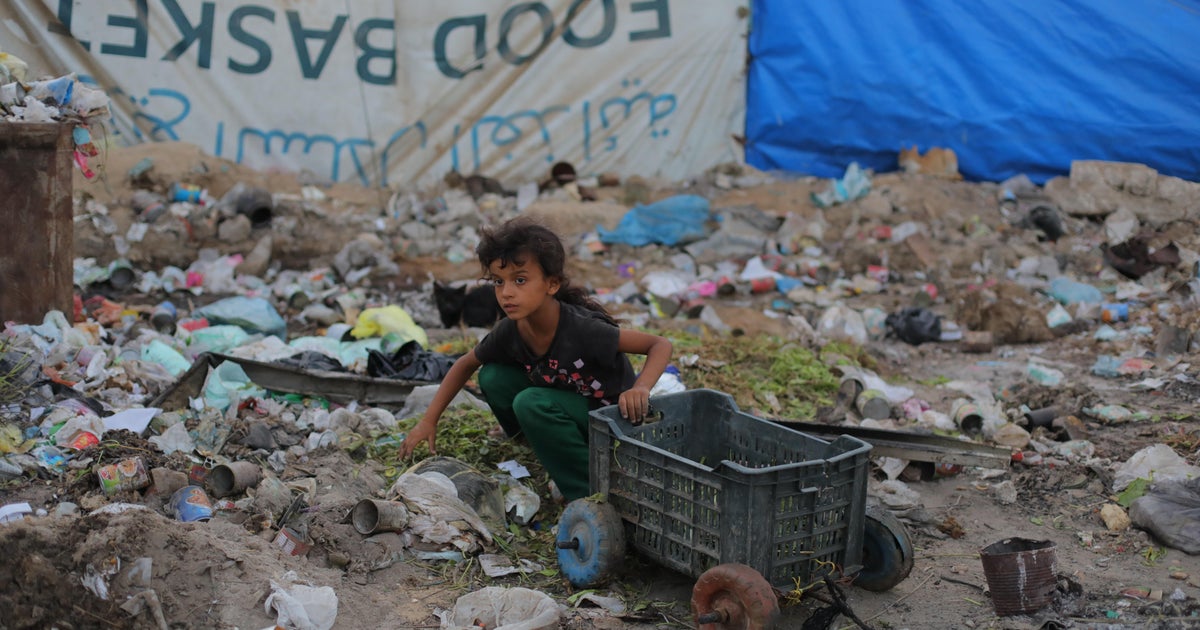Authoritarian states are operating without impunity in attempts to silence dissidents on UK soil – and the government needs to take urgent action, parliamentarians have warned.
Transnational repression has increased in recent years, with foreign states using online harassment, lawsuits, surveillance and physical violence to intimidate people in the UK, a report published on Wednesday by the Joint Committee on Human Rights said.
There has been a 48% increase in MI5 investigations into threats from other states in the UK since 2022, the report said.
Chairman Lord David Alton warned the rise in threats was “going unchecked” in the UK and said the government “lacks a clear strategy” to address transnational repression (TNR).
He said: “This risks undermining the UK’s ability to protect the human rights of its citizens and those who have sought safety within its borders.
“We have seen prominent cases of Hong Kongers with bounties placed on their heads, Iran intimidating journalists – but evidence submitted to the inquiry suggests this may be the tip of the iceberg.”
Amnesty International called the report “damning” and said it shows the UK has become a “hunting ground” for authoritarian regimes.
Recommendations
The committee called on the government to adopt a formal definition of TNR, a dedicated reporting mechanism for victims, data collection, specialised police training and to work with “like-minded states” to coordinate international action against authoritarian regimes using TNR.
The cross-party committee said the government is not doing enough to help victims and should develop a “proactive outreach strategy” aimed at individuals and communities at risk of TNR within 12 months.
It said strategic lawsuits against public participation (SLAPPs) – aimed at exhausting a defendant financially and psychologically – are increasingly being used to “intimidate and silence” people, especially journalists, who expose or criticise authoritarian regimes.
The MPs and Lords called on the government to expand protections for defendants in SLAPP cases where it is used as a TNR tool, as there is currently only protection if it is an economic crime.
Read more:
Briton found guilty of volunteering to spy for Russia
Ministers urged to act after Hong Kong activists’ UK neighbours ‘bribed’ to hand them into Chinese
Dozen countries carrying out TNR
They said China, Iran and Russia were the “most flagrant” perpetrators of TNR, but they also heard evidence from people being targeted by Bahrain, Egypt, India, Pakistan, Rwanda, Saudi Arabia, Turkey and the United Arab Emirates.
The committee also received “substantial” evidence of TNR carried out by the Eritrean government, including being forced to pay a 2% “diaspora tax” and those who refuse “are considered government opponents and face harassment, intimidation and ultimately social isolation”, the UN Special Rapporteur on Eritrea told the committee.
Interpol red notices
The committee criticised Interpol “red notices” – international requests for arrest – saying they were being used to harass dissidents and said Interpol has refused to acknowledge there is a problem.
Nearly half of the 6,550 current public red notices have been issued at Russia’s request “to intimidate and silence journalists, activists, and other critics”, the report said.
Lord Alton, who is sanctioned by China, said the UK government needs to press Interpol for action on abuse of red notices and introduce a mechanism to alert people they are subject to a red notice, if there is a strong basis to believe it is politically motivated.
China and Hong Kong
While Iran and Russia are more obvious with their tactics, the committee said China uses a “broad range”, including surveillance, online harassment, and threats to family members abroad.
It highlighted the Hong Kong government placing bounties on several democracy protesters who have fled to the UK, naming 20-year-old Chloe Cheung.
She gave evidence, telling them it has affected her “mentally, emotionally and physically in profound ways that I never expected” and she now carries lots of self-protection devices and her first thought about people who suddenly want to make friends or approach her is they must work for the Chinese government.
Ms Cheung, now an advocacy manager for the Committee for Freedom in Hong Kong Foundation, said it is “important the UK government doesn’t just acknowledge this report, but actually acts on it” to help protect dissidents like her.
Concern was also raised about unofficial Chinese “police stations” in the UK, used to monitor and pressure the Chinese diaspora, and the proposed Chinese “super embassy”, with fears it could serve as a spy base.
The committee repeated calls made by MPs last month for China to be placed in the highest tier of the foreign influence registration (FIRS) scheme, saying its omission risked “undermining the credibility and coherence” of the scheme.
Russia
The report said Russia has engaged in the “most serious forms” of TNR, including direct threat to life – and highlighted the Salisbury nerve agent attack as creating a “chilling effect” among Kremlin critics.
Iran
Iran represents “one of the highest kidnap and assassination state threats to the UK”, with tactics including physical attacks, smear campaigns, hacking, assassination plots, and “cultural centres” as surveillance fronts, the report said.
Kerry Moscogiuri, campaign director at Amnesty International, said the government needs to “now act on these recommendations, not just in principle, but in practice”.
An Interpol spokesperson said: “Every year, thousands of the world’s most serious criminals are arrested thanks to Interpol’s systems.
“Children are saved from sexual exploitation and terrorists, cyber criminals and traffickers are brought to justice.
“Interpol knows red notices are powerful tools for law enforcement co-operation, which is why we have robust processes for ensuring that all Interpol notices and diffusions comply with our rules.
“Our constitution forbids Interpol from undertaking activities of a political, military, religious or racial character and all our databases and activities must also comply with the universal declaration for human rights.”
A Home Office spokesperson said: “We take the threat of transnational repression extremely seriously.
“Any attempts by a foreign state to coerce, intimidate, harass, or harm individuals on UK soil are considered a threat to our national security and sovereignty, and will not be tolerated.
“The committee’s review echoes many of the same findings and recommendations from the Defending Democracy Taskforce report on TNR, published in May, and we are already taking action arising from those recommendations to further strengthen our response.”









Leave a Comment